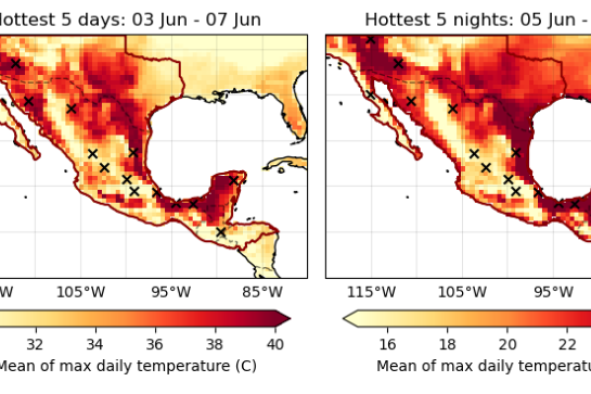Are you a coffee lover? It might be down to your DNA.
Coffee is one of the most widely consumed beverages in the world, with 60 to 85 percent of Europeans and Americans drinking at least one cup a day. But coffee isn't for everyone, and many people can't stand its bitter taste.
So, why do some of us go so crazy for this roasted bean juice?
In a new study, published in the journal Neuropsychopharmacology, researchers from the Schulich School of Medicine & Dentistry at Western University in Ontario and the University of California San Diego combed through large volumes of genetic data, as well as self-reported coffee consumption, to determine whether there were any clear relationships between DNA and coffee intake.
"We used this data to identify regions on the genome associated with whether somebody is more or less likely to consume coffee," Hayley Thorpe, the lead researcher on the study and a postdoctoral fellow in the Department of Anatomy and Cell Biology at Schulich Medicine & Dentistry, said in a statement. "And then identify the genes and biology that could underlie coffee intake."
The final analysis included data from the UK Biobank as well as US-based data from DNA diagnostics company 23andMe. After conducting their analysis, the researchers found clear links between certain genetic variants and coffee consumption. But many of these same genetic variants were also associated with an increased risk of obesity and substance abuse.
"Despite prior phenotypic evidence that coffee intake confers health benefits, we found genetic associations mostly with adverse outcomes in U.S. and U.K. cohorts, particularly with substance use and obesity-related traits," the researchers wrote.
Caffeine is the most widely consumed psychoactive substance worldwide, so the correlation between genes related to coffee consumption and those related to substance misuse is perhaps unsurprising.
"It is widely believed that use of one substance heightens risk for use of another and that there are common genetic factors for any substance use," the researchers said. "Coffee does not appear to be exempt from this."
Zooming in closer, the U.S. data showed a link between various psychiatric conditions—such as anxiety, bipolar disorder and depression—and the genetic variants associated with higher coffee consumption. However, the opposite was seen for the UK data.
"This is not what we expected," Thorpe said. "Why we see these divergences could be for many reasons, like a trade-off between tea and coffee intake differing between people in the U.S. and the U.K."
Of course, these findings are purely associative and relied heavily on self-reported data. However, the study offers interesting insights into the relationships between our DNA and behavior, and suggests a potential link between our DNA and coffee consumption, while also highlighting how genetic analysis across different population can capture cultural differences in the relationship between genetics and behavior.
Do you have a tip on a health story that Newsweek should be covering? Let us know via science@newsweek.com.
Disclaimer: The copyright of this article belongs to the original author. Reposting this article is solely for the purpose of information dissemination and does not constitute any investment advice. If there is any infringement, please contact us immediately. We will make corrections or deletions as necessary. Thank you.



